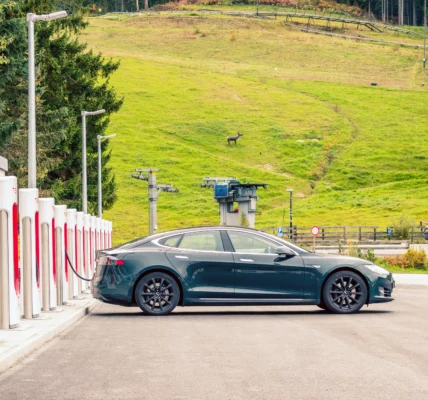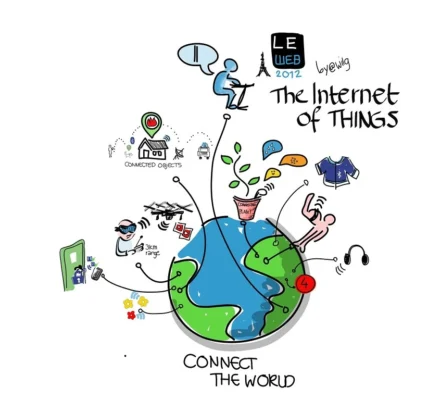Coca-Cola is one of the most well-known brands in the world. The red-and-white logo identifies it throughout the world. However, for several years now, more and more people have been deciding to quit buying Coke products. The crusade, now being called the “Coca Cola Boycott,” has brought attention to a variety of issues.
Why Are People Boycotting Coca-Cola?
People boycott Coca-Cola for an array of reasons. Some peg their stance due to economic issues invoked by the company, while others restrain the action drawn towards environmental degradation and human rights. These are some of the reasons that give impetus to people avoiding Coca-Cola products.
1. Environmental Concerns
The major plastic polluter on the globe, Coca-Cola, annually produces billions of plastic bottles, many of which are once again discharged into the ecosystem. While Coca-Cola is making promises to cut down on plastic waste, acquitting statements from the critics argue that Coca-Cola is making very few damages to work on the repair.
2. Water Usage and Pollution
A large number of activists accuse Coca-Cola of overusing water where there is a scarcity of clean drinking water. Many community members are citing Coca-Cola for heavy groundwater extraction that is ostensibly depriving local inhabitants of water for their daily use. There are even some instances where facilities run by Coca-Cola are charged with polluting water sources, setting a vicious cycle in motion.

3. Allegations of Human Rights Violations
Coca-Cola faces continuous criticisms for improper treatment of their workers. Multiple reports describe that workers in various nations face substandard payments and mistreatment in their workplaces. Sourced reports have demonstrated that Coca-Cola maintains relationships with people who use violence to threaten union members in specific geographical regions.
4. Health Concerns
The production procedures of Coca-Cola involve significant usage of sugar as well as artificial sweeteners and preservatives. Professional healthcare experts have connected Coke drinking with obesity problems as well as disorders such as diabetes and heart disease which motivated boycotts against Coca-Cola while demanding healthier product releases from the company.
5. Political and Ethical Reasons
People claim that Coca-Cola backs political measures which differ from their own stance. Potentially controversial situations result when the company provides donations to multiple campaigns and organizations. The social position statements made by Coca-Cola tend to meet opposition from various segments of the population.
Impact of the Coca Cola Boycott
The Coca-Cola boycott influenced both consumers and the company. Below are some of the movement’s results:
- Sales Plummeting in Some Areas – The boycott has caused a decrease in sales of Coca-Cola in some countries.
- Towards an Eco-Friendly Pack – The company initiated recycling programs and reduced plastic usage.
- Awareness Growing – The company’s impact on health and the environment is now more widely understood.
- Growing Acceptance of Alternatives – Smaller beverage brands offer healthier and eco-friendly options and are thereby gaining recognition.
What Are the Alternatives to Coca-Cola?
If you are considering joining the boycott, there are many alternatives available. Below is a table comparing Coca-Cola with other beverage choices:
| Beverage Type | Coca-Cola | Alternatives |
|---|---|---|
| Soft Drinks | High sugar, artificial flavors | Zevia (natural sweeteners), Olipop (prebiotic soda) |
| Sparkling Water | Limited options | LaCroix, Perrier, San Pellegrino |
| Juice | High sugar | Freshly squeezed juice, organic brands like Honest Tea |
| Energy Drinks | High caffeine, artificial ingredients | Guayaki Yerba Mate, natural energy drinks |
| Tea | Some options available | Pure green tea, herbal tea brands |
Conclusion
Through its boycott Coca-Cola campaign, the public delivers a significant communication. Multiple issues combining environmental care and human rights and health protection form the basis of the Coca-Cola boycott. Participating companies in volume will confront pressure to revise their behaviors when large groups observe a boycott. Consumers possess numerous other options to satisfy themselves without funding Coca-Cola’s business activities.

Read Also: Is Coca Cola An International Business In Georgia?
FAQs
Yes. Coca-Cola has been named one of the top plastic polluters globally. The company produces billions of plastic bottles each year, many of which are not recycled properly.
Coca-Cola has pledged commitments toward sustainability; among them, to recycle more plastic and use environment-friendly materials. However, many environmental activists think that isn’t enough.
Yes. Many large corporations face similar criticisms regarding environmental damage, labor rights, and political involvement. However, Coca-Cola’s global influence makes it a major focus of boycotts.
Boycotts can influence a corporation’s decision-making, particularly when they gain massive scale support. Although many may not develop into actual changes, boycotts raise awareness around issues and engage the corporation to clean up its practices.
You can stop buying Coca-Cola products, support ethical brands, spread awareness on social media, and advocate for corporate responsibility.





